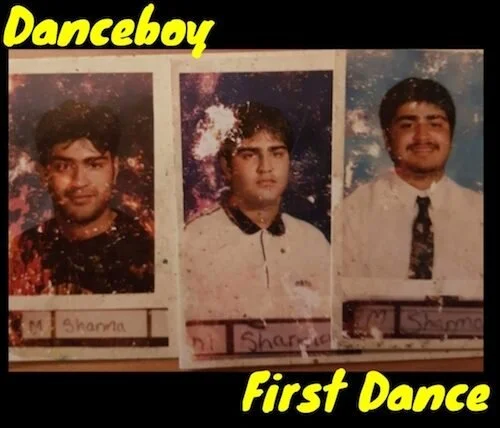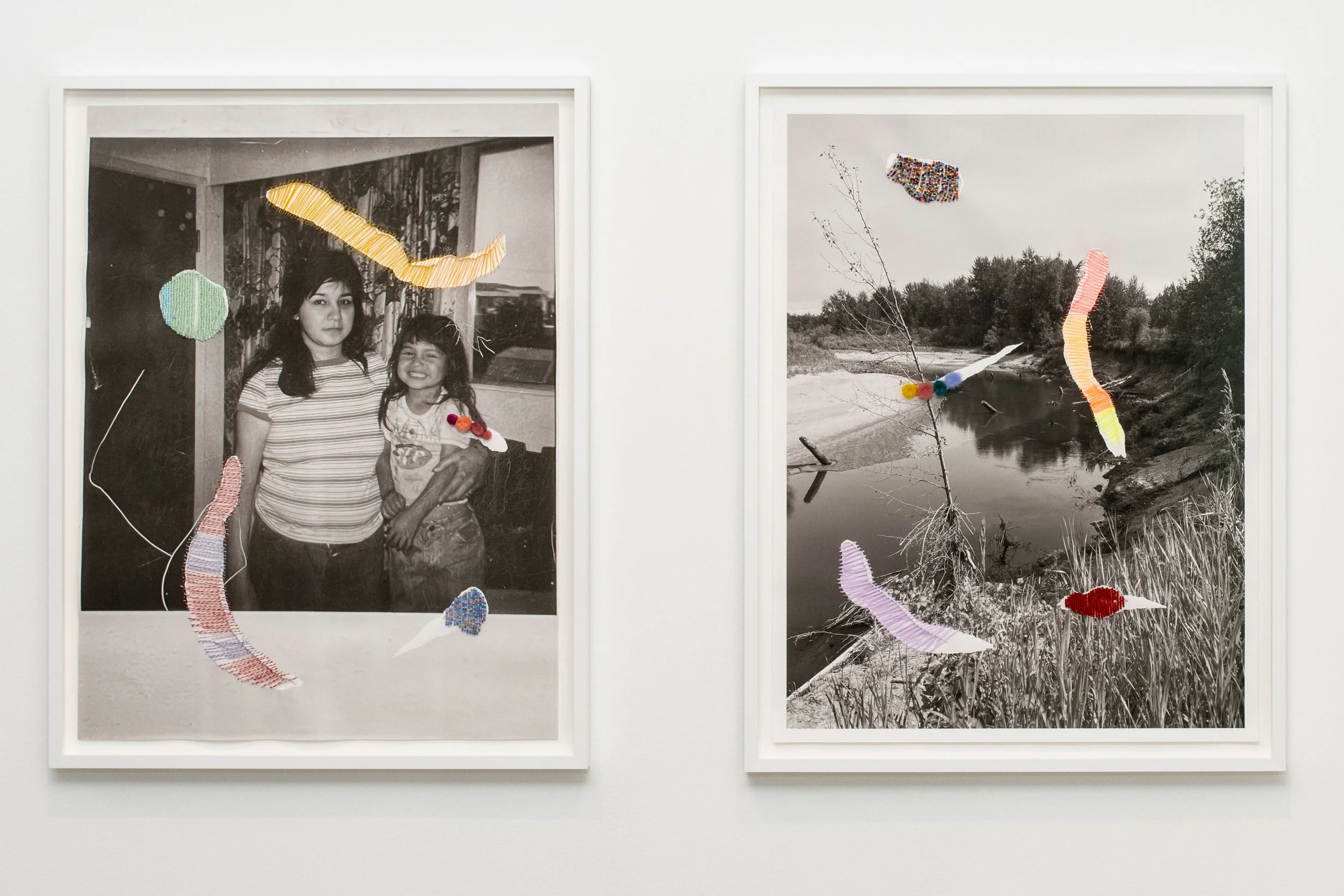At Rumble Theatre's Tremors 2020, Munish Sharma unleashes his love of dance
At a fest that’s all about experimentation, the theatre artist plays with poetry, puppetry, and movement
Dance has helped Munish Sharma get through his many stages, as he shows in his new work-in-progress at the Tremors fest.
Rumble Theatre presents Tremors 2020 from October 28 to 31, free online and live by registration. The live talk for Dance Boy: First Dance takes place October 30. See COVID-19 protocols here
VANCOUVER THEATREGOERS know Munish Sharma as an actor in intense productions like Victim Impact, Iceland, and Bombay Black, or as the playwright of Fringe Festival hit Mrs. Singh and Me.
But what may come as a surprise is that he also identifies—deeply and joyfully—as a dancer.
“I’ve been a dancer since age 3 and I haven’t stopped,” he tells Stir over the phone, worrying aloud that he doesn’t want to “sound like a nerd”. “I don’t consider myself a professional dancer; I consider it very meditative and I love it.
“If you see ballet and jazz, they’re breathtaking and people always say, ‘I could never do that!’ But dance is just like breathing: everybody can do it. And each person’s dance is unique unto themselves.”
Rumble Theatre’s Tremors 2020 is the sort of platform that allows Sharma to explore this side of himself onstage. It’s a festival that, more than ever this year, is about experimentation and surprise.
Instead of a showcase for three full-act plays, the 2020 fest finds Sharma and seven other diverse artists giving audiences an inside look at short, half-hour length works-in-progress online. In addition, the multidisciplinary mini-fest will hold limited-capacity artist talks at an open-air tent at its East Van-based Progress Lab 1422 space. (Those “viewing parties” or “virtual studio visits” can also be enjoyed online.)
“It goes back to what Rumble is about and what it was originally founded to do: let’s get everybody together and just experiment,” says Rumble’s artistic director Jiv Parasram, who took the helm of the company in 2018 after work at respected Toronto companies like Pandemic Theatre and Theatre Passe Muraille. “We invite people to defamiliarize form.”
Tremors’ lineup captures the way artists in the city, and the wider world, are questioning colonial structures and Euro-centric forms right now. It’s throwing the spotlight on the creation process and the politics and philosophies that now drive it.
The result is programming that embraces a wild range of both genre-busting styles and BIPOC voices. Just look at 100 YT Guys in an Hour, a musical comedy that challenges white-supremacy thought processes; Attachments, a play about LGBTQ2SIA polyamorous relationships; and the fire that runs through, a dance-based work that explores the immigrant experience. The media being used span everything from VR to a “video ‘zine”.
The works are all by emerging artists—in Sharma’s case, a veteran one who’s transitioning to a new form of creation.
The autobiographical storytelling in his Danceboy: First Dance will encompass poetry, choreography, and even shadow puppets.
“I’m part of the Muppets generation, so I’m seeing if you could create a popup, Mr. Rogers little dance show, then talk about growing up,” enthuses Sharma, who’s working with director Gavan Cheema and choreographer Priya Panjivan on the show. “It’s about being a boy and being a dancer, and then it gives more of a sense of the man growing up on the club scene of the early 2000s.”
A lot of the solo performance also talks about how Sharma’s love of dance stems from growing up in the South Asian community. “There would be two-hour-long shows and then there would be dance afterwards for everyone, no matter what their age,” he recalls. “I’m also speaking about watching Bollywood growing up.”
Rumble Theatre artistic director Jivesh Parasram in Take d Milk, Nah?, a form-pushing one-man show that Munish Sharma says inspired him.
Sharma, who like the other Tremors artists had a residency with Rumble in August as part of the fest, is grateful for a platform where he can take such artistic risks.
“There’s no finite outcome. There’s this layer of showcasing where we're at and that's got a level of excitement,” he says. “Sometimes we focus too much on showing a final product, and with Tremors it's more about the process and showing the joy of where we’re at and what we’re doing.”
He’s been inspired to experiment by works like Parasram’s own innovative twist on the identity play, Take d Milk, Nah?
Parasram emphasizes that Rumble works hard to support Tremors artists in their risks, whether that’s through more traditional mentorship or technical help.
And he knows from developing his own Take d Milk, Nah? that putting early ideas in front of an audience—even if it’s an online one—can help a lot.
“In order to get to that full show there’s a lot of steps along the way, so I think to test stuff out really helps,” he says.
For Sharma, that fully realized show will have to wait for our post-COVID era, when the audience can surround him, and, he hopes, dance, too—a little like he used to do after shows, with his South Asian friends and family as a kid growing up.
“When the time comes to do that in the future, we can dance together,” he says. “I hope I can help people remember the joy of dancing.”
















